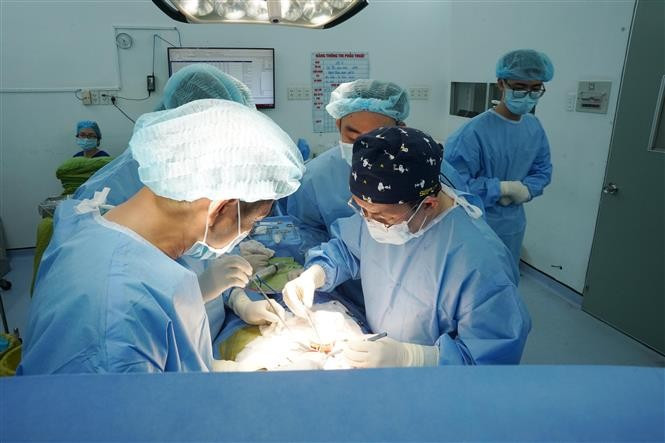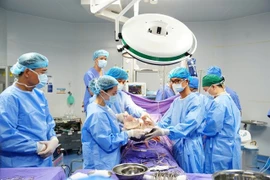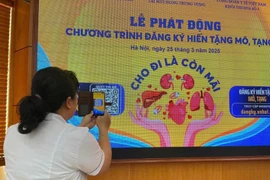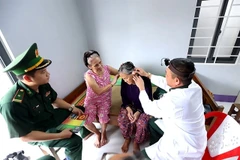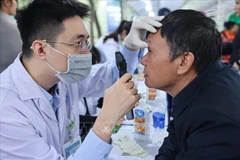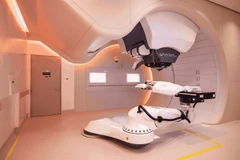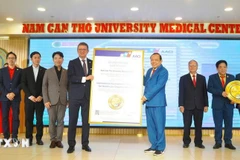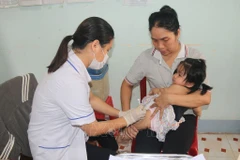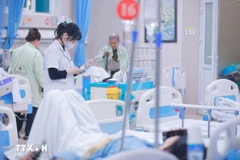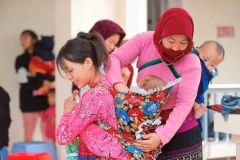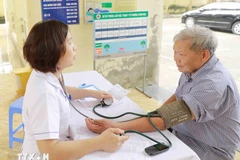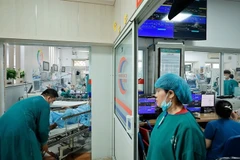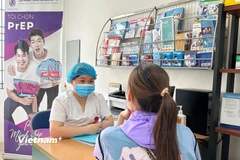HCM City (VNA) - A 39-year-old man from Phu Yen province, who was declared brain-dead after a traumatic brain injury, has saved seven lives through organ donation.
Thong Nhat Hospital in Ho Chi Minh City announced on June 16 that the transplants were successfully performed using the man’s donated organs.
On November 11, N.H.N, the deceased, was admitted to the hospital with severe traumatic brain injuries and a cerebral hemorrhage, leaving him in a deep coma. Despite emergency care and surgery, his condition deteriorated to brain death.
The hospital's organ donation advocacy team met with N's family to discuss the possibility of his organ donation. After understanding the impact their son’s gifts could have on others' lives, the family made the courageous decision to agree to the donation.
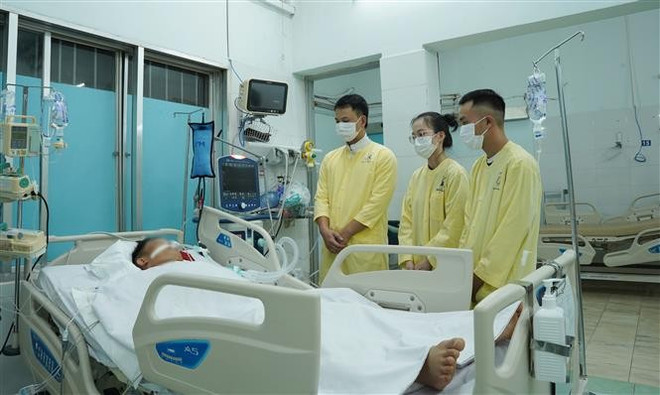
On June 13, following an official brain death assessment, experts carried out the organ retrieval procedure. Seven organs were successfully transplanted into patients in need.
Two kidneys were given to patients at Thong Nhat Hospital; a heart, a liver segment and two corneas were transplanted at the Hue Hospital in Hue city. Children's Hospital No.2 in HCM City received part of a liver.
Thong Nhat Hospital organised a respectful farewell for N, ensuring his remains were returned to his hometown for burial./.
